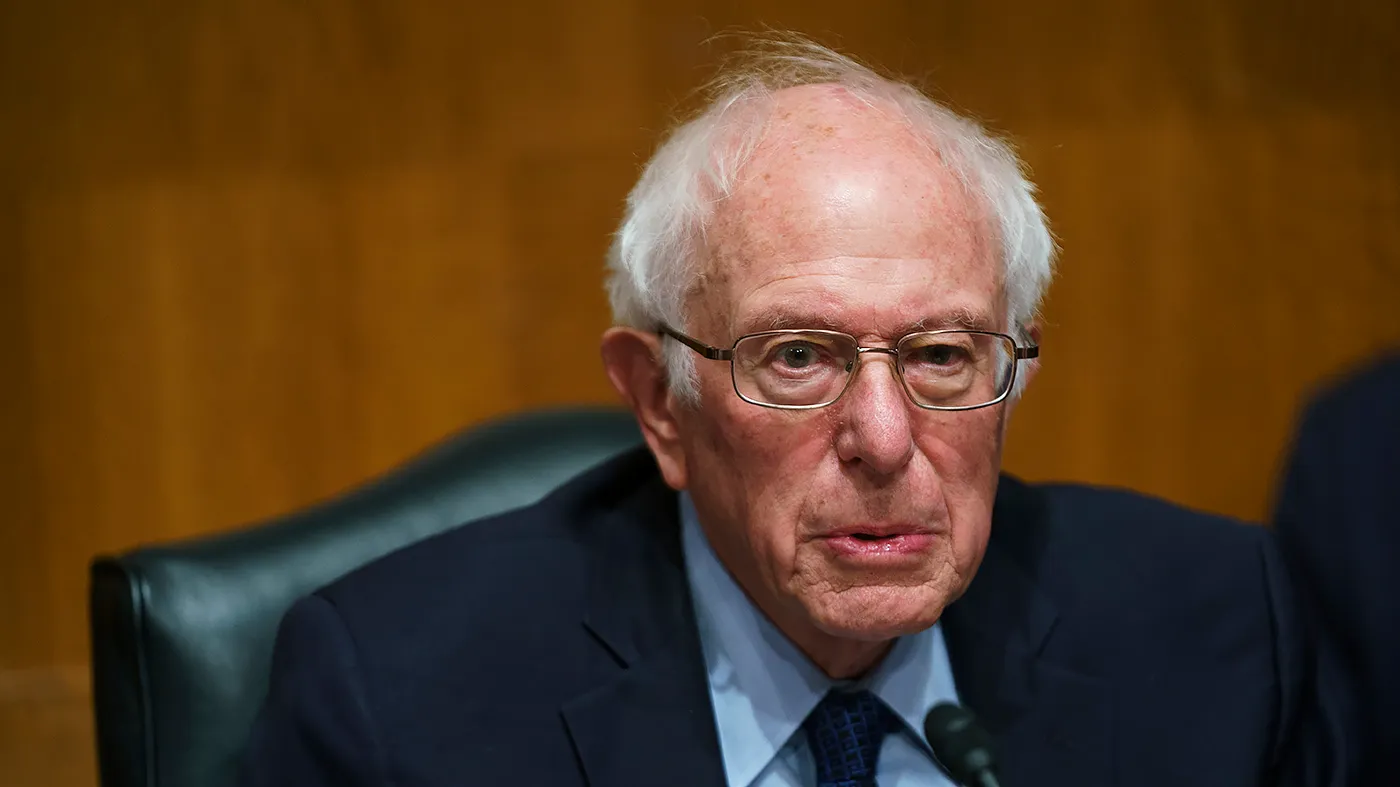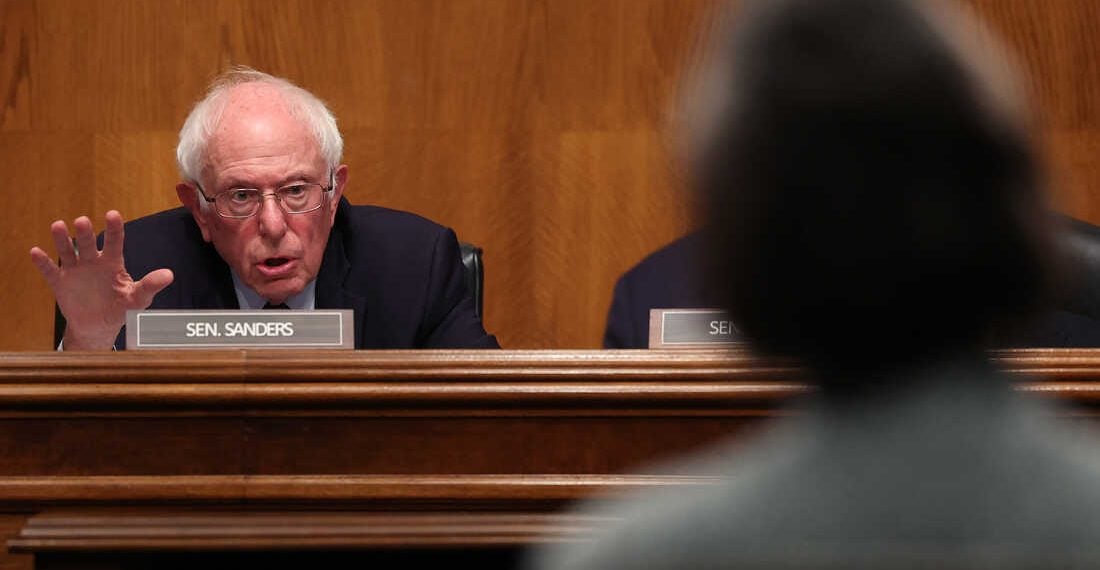Senator Bernie Sanders released a report exposing stark disparities in drug prices between the United States and other countries. Highlighting three blockbuster drugs – Eliquis, Stelara, and Keytruda – Sanders underscored the substantial price gaps. For instance, Eliquis costs $7,100 annually in the US, compared to $940 in Japan and $900 in Canada.
Ahead of a Senate hearing, Sanders’ report draws attention to the exorbitant costs faced by American consumers. The hearing, chaired by Sanders, is set to host CEOs from Bristol Myers Squibb, Johnson & Johnson, and Merck, urging accountability for pricing practices.
Sanders’ report revealed that while US drug prices soar, other nations pay significantly less due to government-regulated pricing. However, Medicare’s recent negotiations with drugmakers offer a glimmer of hope for potential price reductions, though international prices do not directly influence these talks.
Former President Trump previously advocated for aligning Medicare drug prices with those of other developed nations, aiming to leverage negotiated discounts. Nonetheless, concerns persist that such negotiations might impede research and development efforts by pharmaceutical companies.

Sanders’ report also scrutinized the substantial profits and executive compensations of drugmakers, contrasting them with investments in research and development. Notably, Johnson & Johnson and Bristol Myers Squibb allocated billions to stock buybacks and executive pay, eclipsing their expenditure on research and development.
While drug companies argue that price negotiations could hinder innovation, Sanders emphasizes the urgency of addressing the unjustifiable pricing disparities. The hearing serves as a platform to hold pharmaceutical executives accountable and push for reforms to ensure fairer drug pricing for American consumers.





